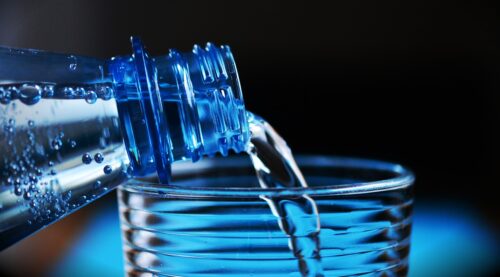The Significance of Hydration for Home Care Recipients
 How Much Water is Ideal Daily?
How Much Water is Ideal Daily?
Hydration is vital, especially for individuals receiving home care. Your daily water intake varies based on factors like climate, physical activity, and diet. For instance, in moderate climates like the UK, the UK Food Standards Agency suggests 6-8 glasses of fluid daily to avert dehydration.
Spotting Dehydration:
Dehydration signs include dark yellow urine. Ideally, urine should be clear or pale, indicating sufficient hydration.
Dehydration Risks in the Elderly:
The elderly are prone to dehydration due to factors like:
1. Reduced mobility making drinking and restroom trips challenging.
2. Intentionally drinking less to avoid restroom visits.
3. Diminished thirst sensation leading to inadequate fluid intake.
4. Ageing kidneys and potential medications or medical conditions that heighten hydration importance.
5. Dehydration can lead to symptoms like dizziness, fatigue, confusion, constipation, and urinary infections.
Ensuring Good Hydration in Home Care:
1. Offer a drink upon arrival.
2. Encourage periodic sips.
3. Leave a drink for later.
4. Discover their preferred beverages.
5. Track their fluid consumption.
6. Continually remind them of the hydration’s importance.
7. Advocate for starting the day with hot lemon water.
8. Suggest a drinking schedule.
9. Promote a drinks diary to monitor intake.
The Benefits of Hydration:
1. Improved concentration and memory.
2. Curbing appetite and aiding weight management.
3. Better performance during physical activities.
4. Skin rejuvenation and youthful appearance.
5. Compensation for increased fluid loss in hot weather.
Understanding Dehydration:
Dehydration occurs when fluid loss exceeds intake, leading to symptoms like intense thirst, dark urine, dizziness, dryness, fatigue, and reduced urination.
Helping Care Recipients Stay Hydrated:
1. Ensure fluid intake during meals.
2. Make drinking a social activity.
3. Offer high water content foods, like soups, ice creams, jellies, or fruits like melon.
4. Consult a pharmacist for oral rehydration solutions when necessary.


